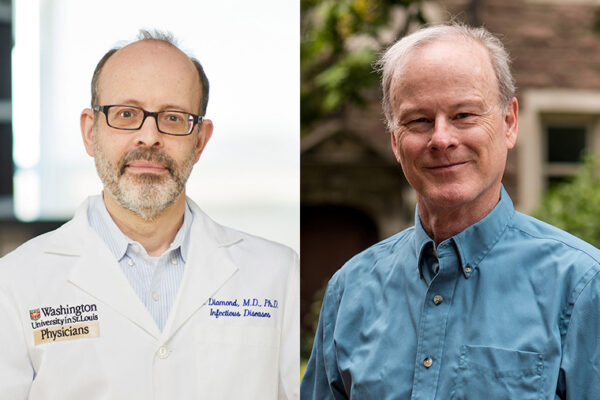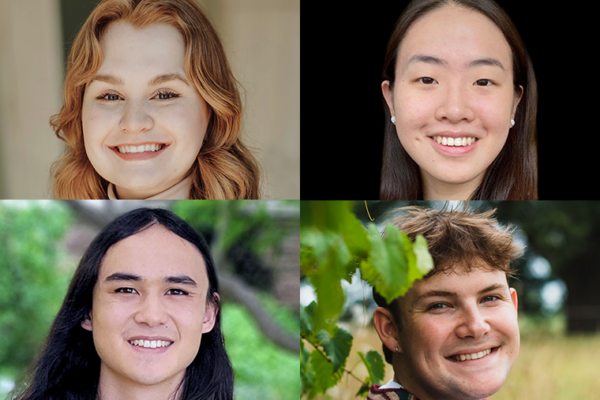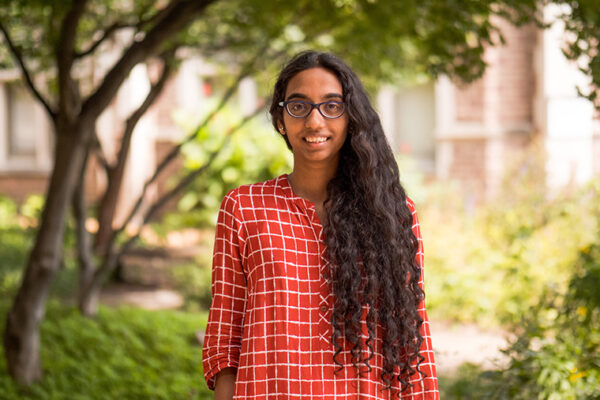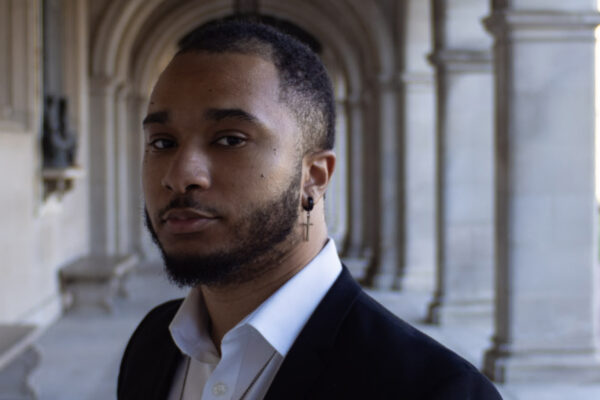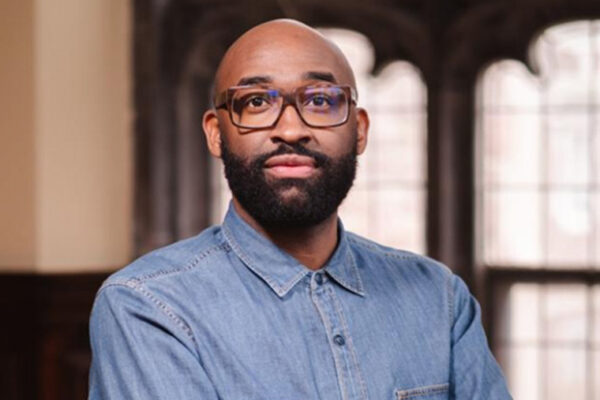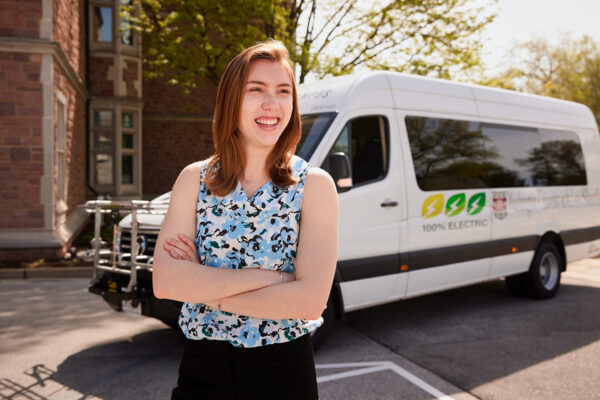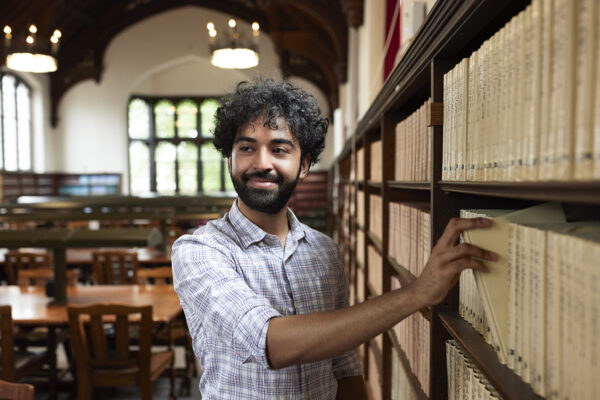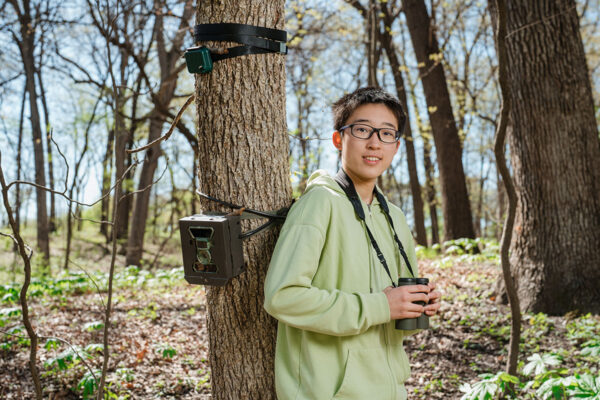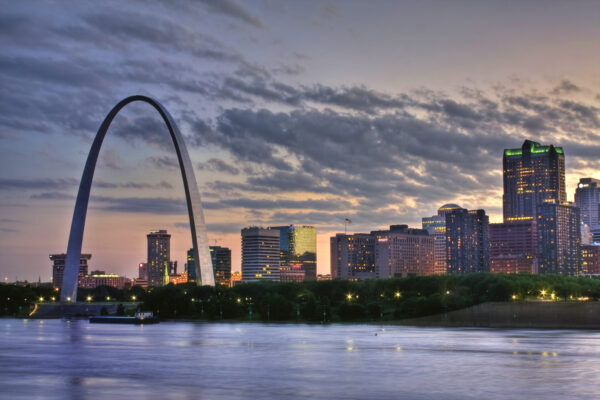Diamond, Queller elected to National Academy of Sciences
Washington University’s new National Academy of Sciences members are Michael S. Diamond, MD, PhD, the Herbert S. Gasser Professor of Medicine at the School of Medicine, and David C. Queller, the Spencer T. Olin Professor of Biology in Arts & Sciences.
Biology students win annual awards
Undergraduates Hannah Davis, Shelei Pan, Braxton Sizemore and Shan Wang were honored by the Department of Biology in Arts & Sciences at Washington University in St. Louis.
Biologists study trade-offs of microscopic predators
Being a predator has its own costs, and that’s as true for amoebae as it is for lions or wolves. Graduate student P.M. Shreenidhi joined David Queller and other Art & Sciences researchers to study the predatory nature of a particular soil-dwelling amoeba.
Student Simmons named Payne International Development Fellow
Jordan Simmons, a senior majoring in global studies in Arts & Sciences at Washington University in St. Louis, was selected as a 2024 Donald M. Payne International Development Fellow. The program is aimed at those interested in careers in the Foreign Service of the U.S. Agency for International Development.
Fenderson wins Mellon New Directions Fellowship
Jonathan Fenderson, an associate professor of African and African American studies in Arts & Sciences at Washington University in St. Louis, has won a 2024 New Directions Fellowship from the Andrew W. Mellon Foundation.
Class Acts: Lauren Bruhl
Entering WashU, Lauren Bruhl knew she wanted to study the environment. Her childhood in rural New Jersey, where she explored its protected woodlands, helped cultivate her love for the environment, while her high school studies in Portugal, where she studied renewable energy, catalyzed her academic interest in reducing our carbon footprint. Now, the soon-to-be graduate of Arts & Sciences is ready to put her passion and skills into practice.
Class Acts: Omaer Naeem
On a recent visit to Pakistan, Omaer Naeem could literally taste the smog. Naeem, who is set to graduate with a degree in global students from Arts & Studies at Washington University in St. Louis, is committed to working with local communities in South Asia find their own solutions to this existential crisis.
Class Acts: Yunfeng Ge
Yunfeng Ge is an avid bird and nature lover. Her extensive research and volunteer work has prepared her for life after graduation. She plans to pursue conservation work and eventually attend graduate school to study ecology.
Class Acts: Avital Isakov
A 2023 Astronaut Scholar, Avital Isakov studies green energy solutions in Robert Wexler’s laboratory in the Department of Chemistry in Arts & Sciences and plans to pursue a PhD in computational and theoretical chemistry.
STL DataFest unites region’s data scientists
The inaugural STL DataFest later this month will feature presentations and discussions on a range of data applications, including data science’s impact in particular fields and larger questions of data ethics, privacy and security. Register to attend by May 6.
View More Stories
